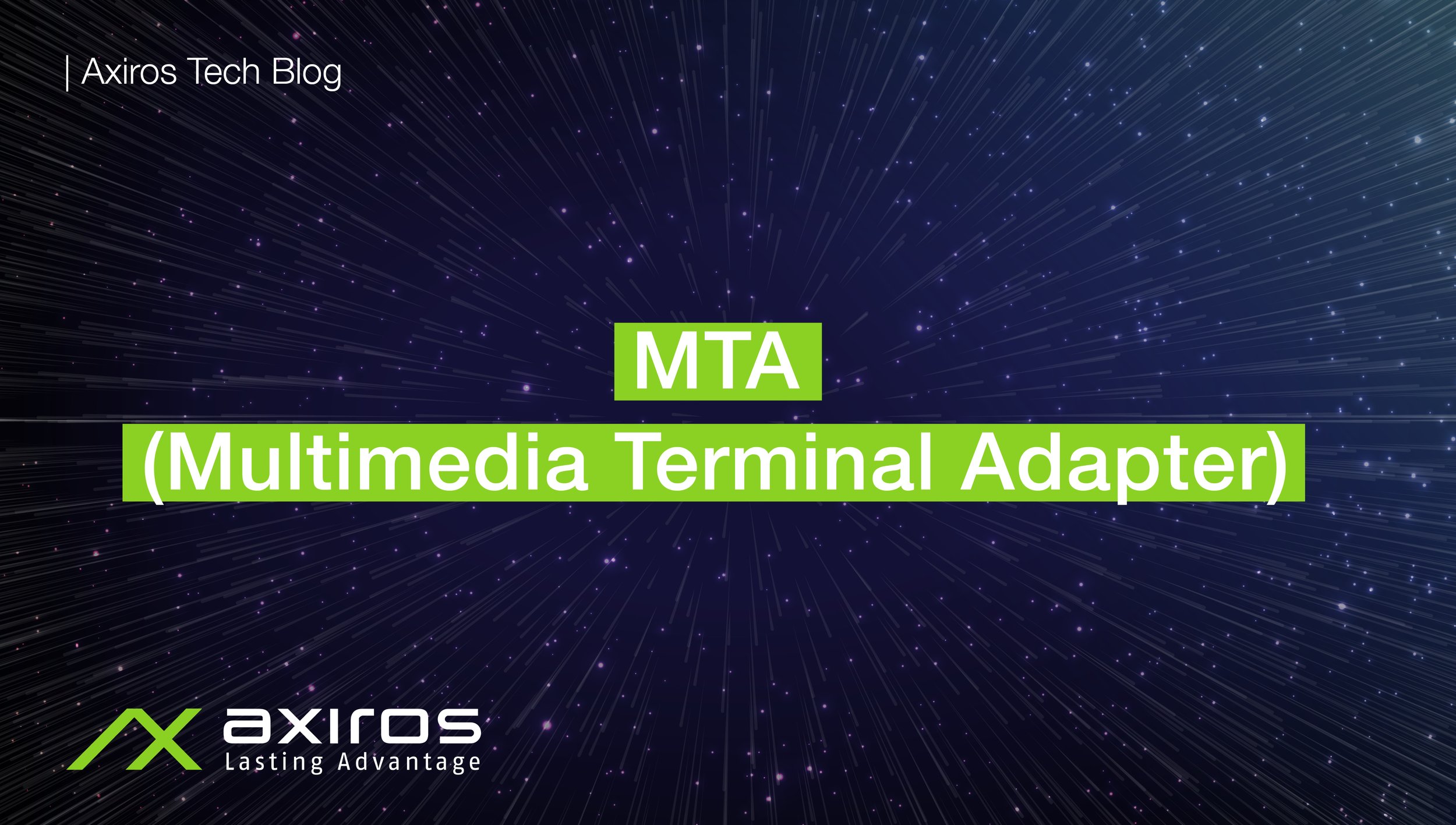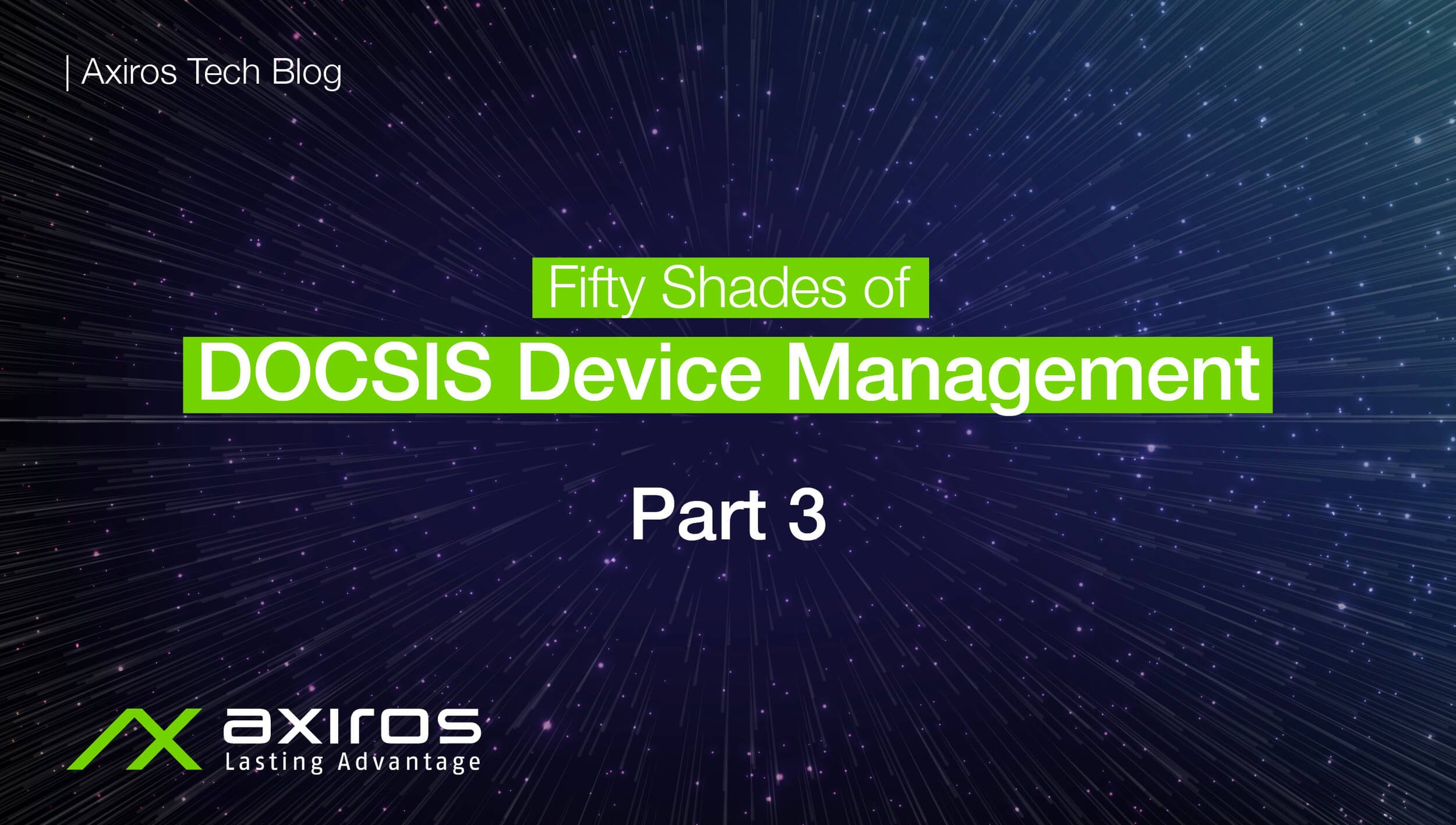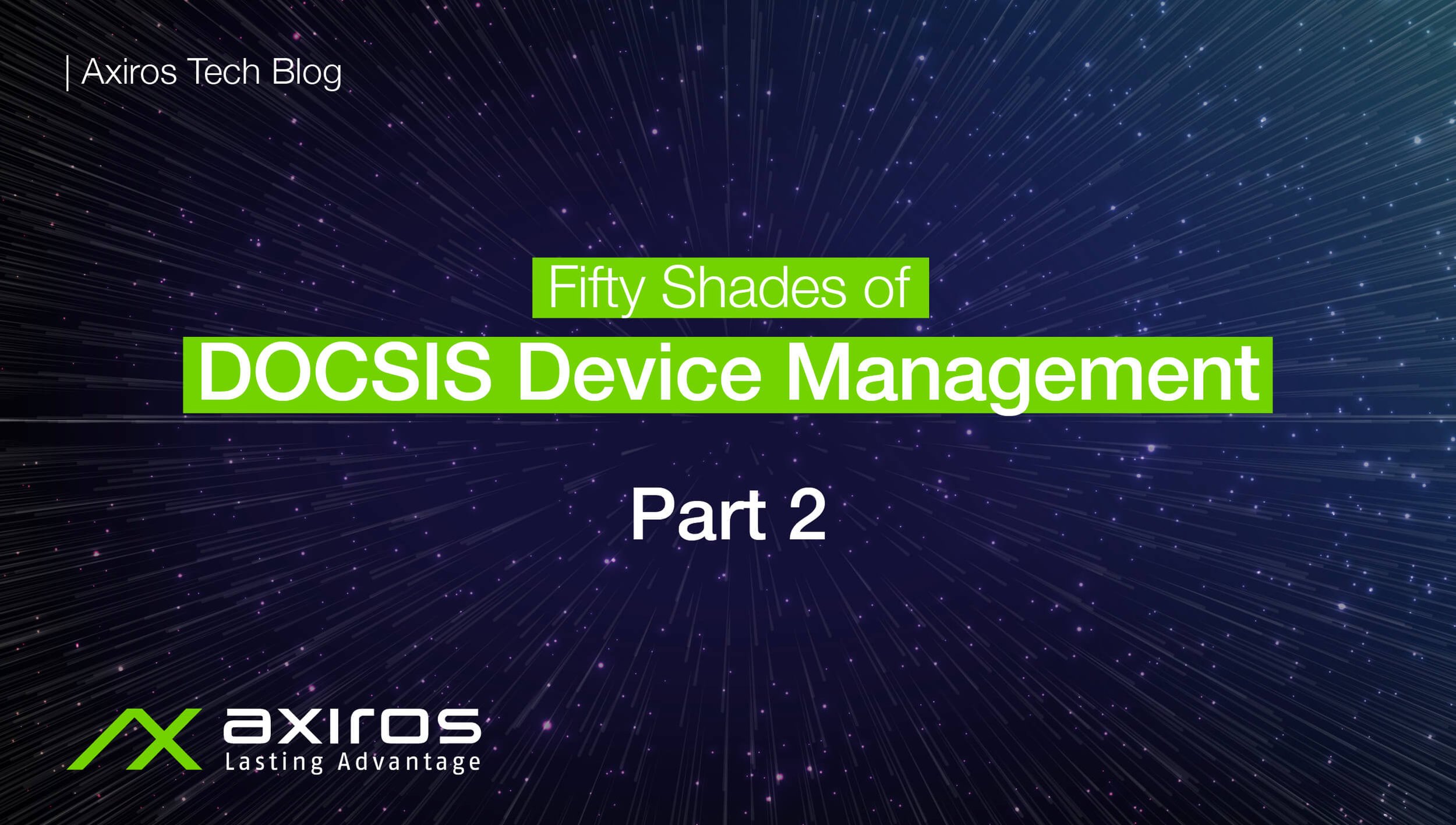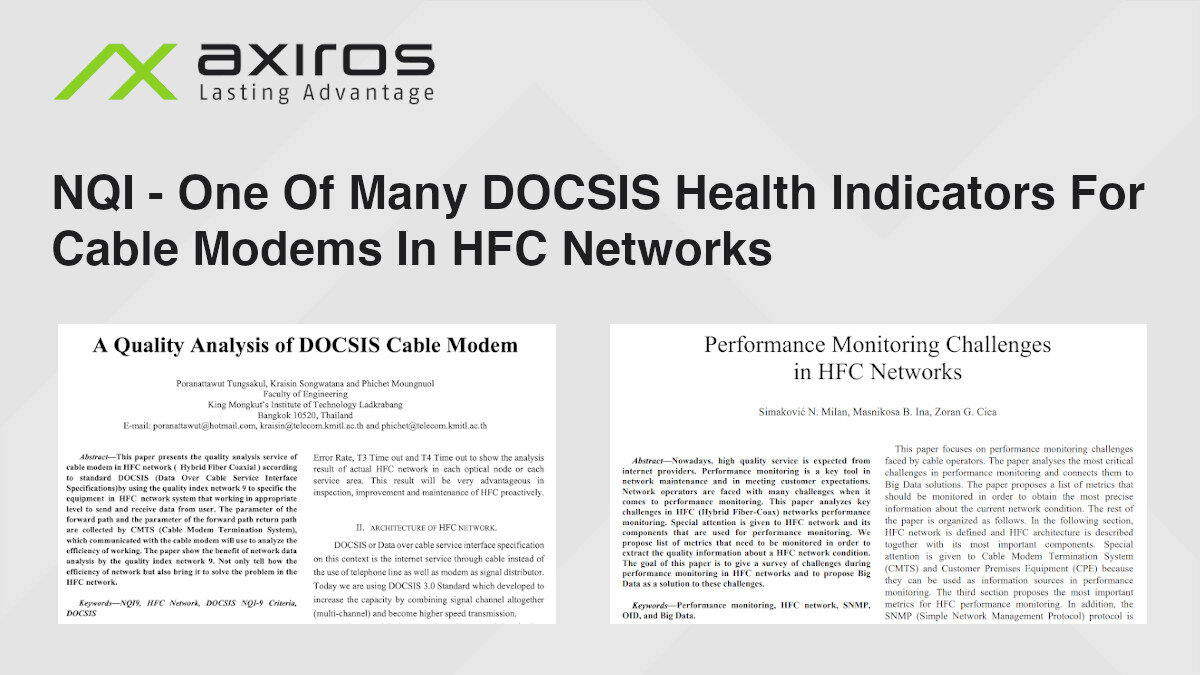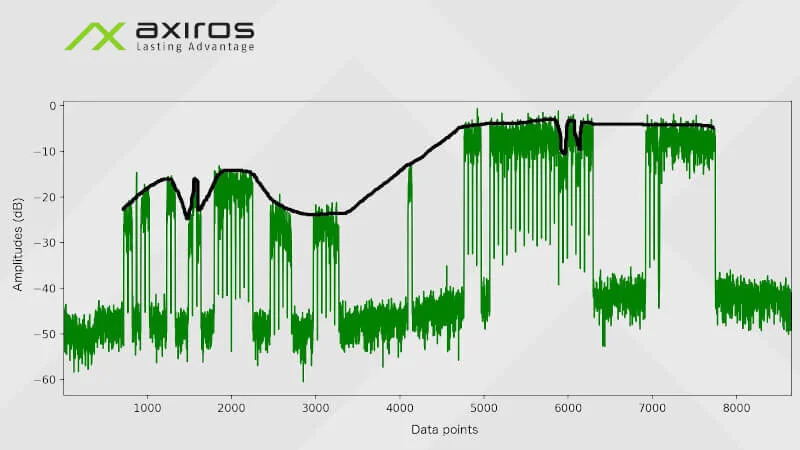Axiros Blog
Insights into the Telecom World: Latest Trends & Market Developments
Part 2 - DOCSIS Monitoring
In the previous part of our blog series, we discovered the importance of monitoring critical network KPIs (Key Performance Indicators) that shape the Quality of Experience (QoE) for cable broadband users. In this part, we'll delve deeper into how the AXTRACT DOCSIS & PNM (Proactive Network Maintenance) bundles harness these KPIs to pinpoint critical locations and empower service providers to proactively tackle network challenges and consequently minimize customer churn before signal impairments cause critical service degradation and customer unsatisfaction.
Part 1 - DOCSIS Monitoring
In the rapidly evolving landscape of digital communication, guaranteeing a top-notch user experience is crucial for both service providers and end customers. As the appetite for faster and more reliable internet connection continues expanding, cable operators rely on the Data Over Cable Service Interface Specification (DOCSIS) to deliver high-speed broadband services.
MTA (Multimedia Terminal Adapter) Provisioning
The MTA, or Multimedia Terminal Adapter, is a device that provides the telephony interface for the PacketCable network at the customer's premises. There are two types of MTA devices: embedded MTAs, which are part of the same hardware as the cable modem, and standalone MTAs, which are separate physical devices.
Part 3 - Fifty Shades of DOCSIS Device Management
Find out what the cable modem provisioning process includes!
Part 2 - Fifty Shades of DOCSIS Device Management
DHCP provides IP addresses as well as other network and provisioning configuration parameters for CM, MTA, and CPE. These configuration parameters may include the default router, time server, DNS server, log server, hostname, domain name, TFTP server, configuration file name, lease time, ACS-URL, etc.
Both DOCSIS cable modems and PacketCable MTA adapters obtain their IP address and other configuration parameters via DHCP.
Part 1 - Fifty Shades of DOCSIS Device Management
In an increasingly competitive world, Internet service providers (ISPs) are constantly working to find new and expand existing offerings to clients, trying to improve the quality of the services and, at the same time, increase their operating profit. High-speed data transmission, interactive gaming, video-on-demand, videoconferencing, or telephony are just a few examples of these value-added services.
DOCSIS FBC Impairment Algorithms - Adjacency
There are many different Full Band Capture (FBC) impairments, one of the interesting impairments is adjacency because it is often so pronounced on the spectrum. The figures below shows a small adjacency: The channels suddenly jump slightly in their dB level.
NQI - One Of Many DOCSIS Health Indicators For Cable Modems In HFC Networks
In their paper "Performance Monitoring Challenges in HFC Networks", Milan et al. say that collecting big data and processing it is integral to calculating the health of the HFC network of operators. Their KPIs include some interesting ones such as Flap List and SNR - let's take a closer look at them.
Detecting Channels From FBC Spectrum Data Using Machine Learning
An integral part of FBC impairments detection is channel detection. For instance, the adjacency impairment looks at neighboring channels when deciding for an impairment.
AX69 on top of DOCSIS - WiFi Insights and Control using TR-069 in Cable Networks
Read about how AX69 brings advanced WiFi insights in your DOCSIS network.
Proactive Network Maintenance - Pre-equalization Grouping
Proactively catching and fixing issues in the network instead of reacting when customers start piling up on your support centres has become the main modus operandi for service providers.
DOCSIS FBC Impairment Algorithms - Curious Filter
Filtering is an extremely useful method in DOCSIS cable networks. There are many use cases - for instance one could disable data channels to alleviate other impairments and thus make the connection stable or even just to match the level of service the customer is paying for.
DOCSIS FBC (Full Band Capture) Impairment Algorithms - Wave
The wave impairment is one of many impairments that can be detected on a DOCSIS FBC (full band capture) downstream spectrum. In the following, we take a cursory look at an implementation of the wave impairment detection algorithm.



